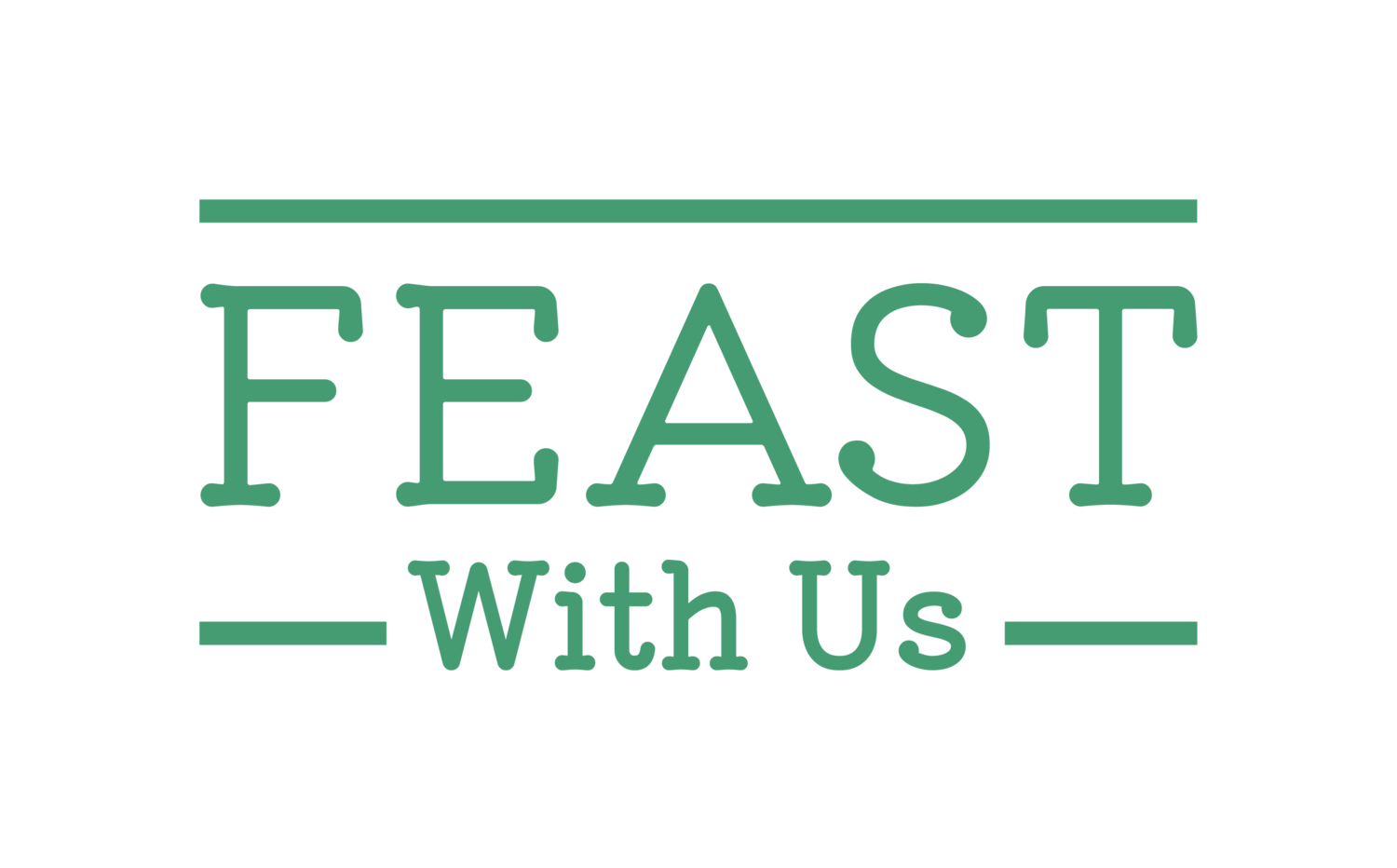Stop food waste with 'Feast with Us'


The global issue of food waste is a serious problem that needs to be addressed. The statistics are alarming, with approximately one third of all food produced for human consumption being wasted.
Food waste is responsible for generating more greenhouse gas emissions than aviation, and it also contributes to water wastage. In the UK alone, over 4.5 million tonnes of food is wasted each year, with households accounting for nearly 70% of this waste.
Food waste can be reduced through changes in buying, storing, prepping, and reusing habits. It is also important to reduce the amount of meat consumed as the water footprint per calorie for beef is 20 times that of cereals. Additionally, steaming vegetables instead of boiling them, planning out meals in advance, and checking use-by and best-before dates can all help to reduce food waste.
The non-profit organisation FEAST With Us is working towards reducing food waste by intercepting edible food from retailers and distributors, and using it to cook nutritious meals for vulnerable people. They also aim to eliminate waste in their own operations by designing an action plan to prevent and reuse food. The organisation has secured funding from the North London Waste Authority for this project. It is essential to reduce food waste globally to make our resource production and consumption more responsible and sustainable, and achieve the UN’s Sustainable Development Goals.
Indirect water use is the water used to create the product we use and enjoy each day. Food takes a lot of water to grow and produce with some needing more than others. For example, it takes:
Over 4.5 million tonnes of food is wasted in the UK every year, which has an extraordinary environmental impact, contributing enough greenhouse gases as the equivalent of over 4.6 million return flights from London to Perth!
It is also eating into our economy. The amount of food wasted each year in the UK is equivalent to 1.3 billion meals which costs us, as a nation, £6 billion each year.
You may be wondering where all this waste is coming from. Well, waste is created at every point in the food system, but the biggest driver of this waste is from households, accounting for almost 70% of all food waste in the UK. Every year the average household with children throws away £730 worth of food that could have been eaten, according to WRAP.
So, why are we producing so much food waste? A lot of it comes down to how we all buy, store, prep and re-use our food. And, with only 40% of municipalities across the UK have separate organic collection systems, that is a lot of food ending up in landfill sites or being incinerated.
It may also come as a surprise that the UK is suffering water scarcity. Climate change has meant that the UK is experiencing more intense wet and dry periods and the Environment Agency has predicted that we could have shortages within the next 25 years. Therefore, it is critical that we save water in any way.
In 2015, The UN laid out 17 Sustainable Development Goals (SDGs) to tackle the most urgent environmental and social issues facing us. Addressing the issue of food waste falls under SDG Goal 12 which looks to make our resource production and consumption more responsible and sustainable.
Change can be scary, but there are lots of small steps that you can take to help make a big difference. Here are just a few.
FEAST With Us has a primary goal to address the issue of food waste. The organisation has been rescuing edible food from retailers and distributors, such as The Felix Project, City Harvest and Edible London, to prevent it from being discarded in landfills. This has resulted in saving more than 7,000kg of food from going to waste since March 2020. The organisation utilises this food to prepare healthy and nutritious meals for people experiencing food poverty.
In addition to rescuing food, the majority of meals offered by FEAST are vegetarian or vegan, which is an effective way to conserve water. The organization is proud of its charity model and the accomplishments it has made so far. However, there is still an issue of producing food waste in its own operations.
To address this challenge, FEAST is seeking volunteers to become Food Waste Champions. This is an essential and exciting role that involves overseeing waste during cooking sessions and encouraging a more sustainable approach to cooking. Interested individuals can join the effort to tackle food waste and contribute to a more sustainable future.